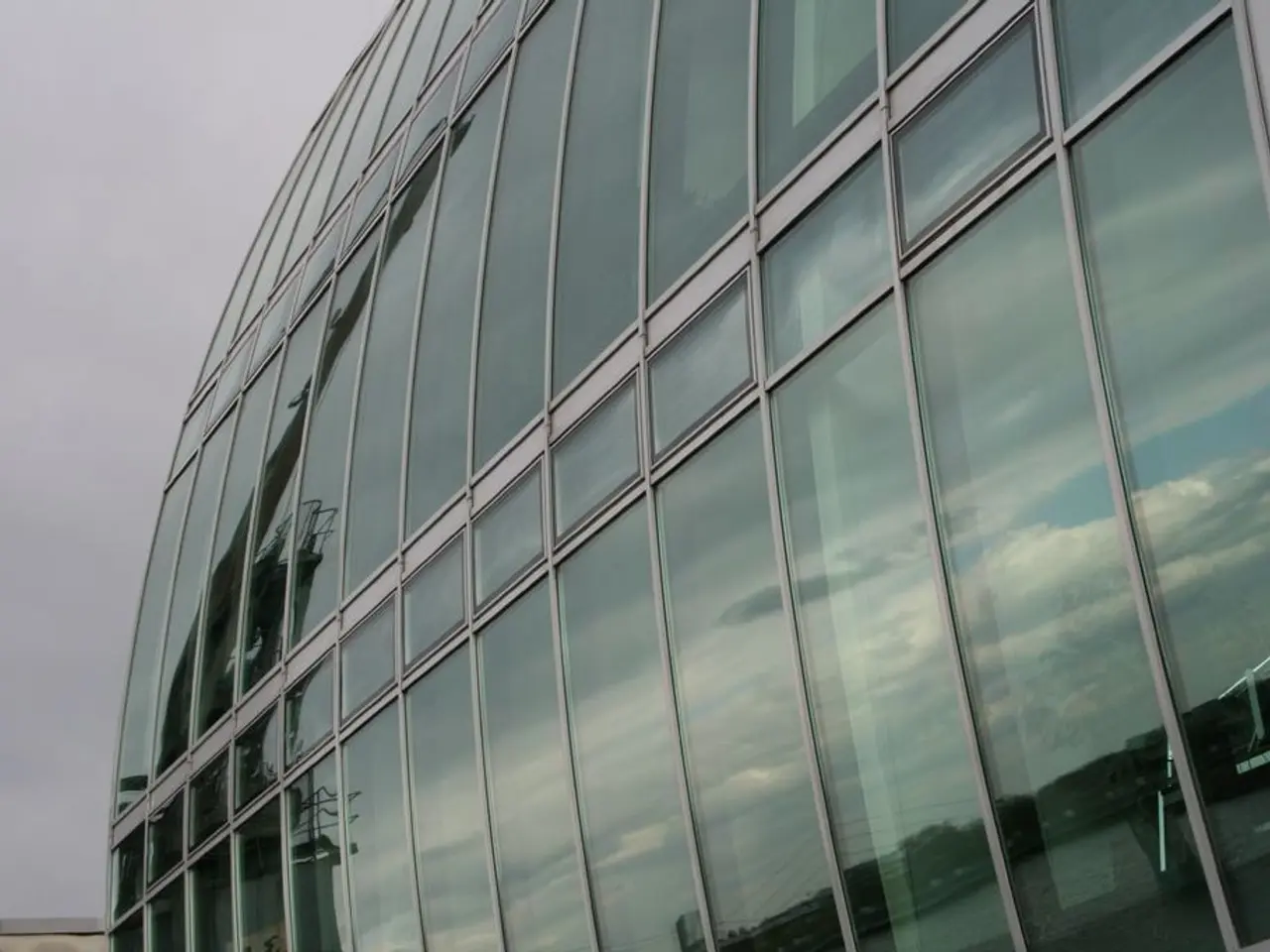Navigation Strategies for IT Departments in Healthcare When Handling Due Diligence Matters
In the realm of healthcare mergers and acquisitions, IT integration plays a crucial role. It's not just about ensuring operational efficiency, but also about fostering growth and streamlining clinical operations.
Evaluating Technology Systems and Infrastructure
During the due diligence phase, IT leaders must meticulously evaluate the target healthcare organization's technology infrastructure. This includes assessing Electronic Health Records (EHRs), telehealth, billing software, and cybersecurity protocols, with a special focus on compliance with regulations such as HIPAA to avoid penalties.
Cybersecurity Due Diligence
Cybersecurity risks are another critical area of concern. IT teams should identify and rank potential risks, such as outdated software or vulnerabilities, and evaluate vendor contracts to uncover liabilities or compliance issues related to data privacy and access.
Assessing Revenue Cycle Management (RCM) Systems
Proper RCM due diligence is essential. Billing complexities can obscure financial and operational issues, leading to revenue leakage. Thorough RCM assessment helps ensure accurate cash flow assessment and smooth post-merger operations.
Developing a Technology Integration Roadmap
A clear technology integration roadmap is vital. This roadmap should outline the integration strategy, timeline, and mitigation steps, supporting smoother operational compatibility post-merger and guiding ongoing IT priorities.
Considering Cultural and Operational Fit of IT Teams
The cultural and operational fit of IT teams is another significant consideration. Defining roles, addressing gaps, and aligning productivity metrics are critical to a successful integration process.
Leveraging Advanced Technology
To handle the detailed and volume-heavy due diligence processes efficiently, while ensuring regulatory compliance and data security, IT leaders can leverage advanced technology such as AI and workflow automation tools.
Documenting and Communicating Findings
All findings should be documented and communicated with stakeholders to create transparent risk mitigation and action plans, facilitating better decision-making and coordinated integration efforts.
Engaging External M&A Technology Consultants
When needed, IT leaders can engage external M&A technology consultants to enhance thoroughness, especially for complex issues around infrastructure, security, and regulatory compliance. This partnership can improve risk identification and integration success.
Focusing on IT Efficiencies Beyond Cost Savings
IT efficiencies should not focus only on cost savings; there's greater potential for growth or efficiencies in the clinical space, the back office, or the call center.
Preparing for Integration Early
Before two organizations can begin to integrate their IT environments, there needs to be an understanding of major systems and identification of security gaps and technical debt. IT implications should be brought forward to the organization's leaders early in the due diligence process to align on technology priorities.
Navigating Complex Healthcare IT Ecosystems
Healthcare systems' IT ecosystems are often complex, with varying technology ages and levels of interoperability. IT teams should be prepared to tackle these complexities to ensure a smooth integration process.
Training Clinicians for Smooth Integration
Integration can be disruptive to patient care if not handled well. Therefore, it's critical for clinicians using any new software to be trained on the new programs so the integration goes smoothly.
In summary, IT leaders must take a comprehensive and structured approach that combines technical evaluation, regulatory compliance review, staff coordination, and strategic planning, supported by technology and expert guidance, to ensure successful IT integration during healthcare M&A due diligence.
Technology assessment is crucial during the evaluation of healthcare organizations, encompassing Electronic Health Records, telehealth, billing software, and cybersecurity protocols, to ensure a seamless integration post-merger.
To handle complex IT due diligence processes efficiently and securely, IT leaders can leverage advanced technology such as AI and workflow automation tools.




